Nuala Ni Chonlain recently returned to her home in Ireland after five years of working at the frontline of education in China as a crucial member of Dipont Education’s central academic team.
Here Nuala reflects on her time working with Dipont, including her experience of 21st– century learning, harmonious bilingual education, and shaping the future of student well-being in China.
What has been the most memorable thing for you about working for Dipont?
Dipont has contributed a lot to my educational development and growth, so it is hard to choose what to mention. I joined the company in 2017, and I have never looked back. Dipont has a very ‘can do’ approach. The company acknowledges the value of trying new ideas and thoughts and learning from mistakes to move forwards.
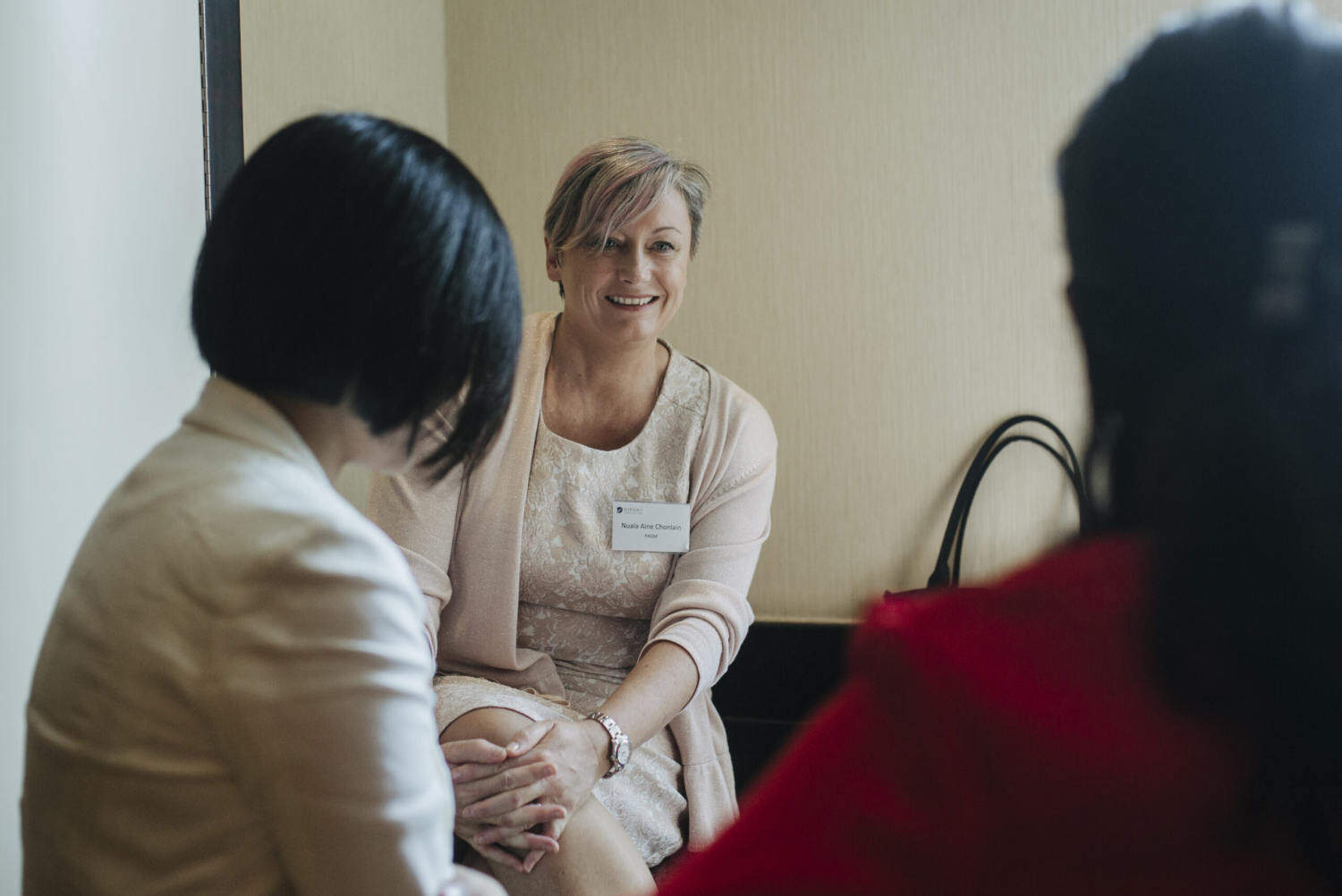
My experience has included teacher training, curriculum writing, textbook writing, developing and delivering professional development, academic quality management, coaching and mentoring.
If I must choose one experience to highlight, it was developing and creating a teacher training course for bilingual teachers. I felt this particular aspect of my work was the most rewarding. I also developed strong friendships with the very first cohort of teacher trainees.
Which achievements are you most proud of from your time with Dipont?
Working with teachers in Dipont’s Independent schools, building strong relationships and working collaboratively with teams to view teaching and learning from different perspectives.
I truly enjoyed sharing early learning theories and approaches with new early years teachers. It was enlightening and encouraging to see teachers embrace theories of play, child development, SEN and observe them applying these theories through the early year’s national standards.
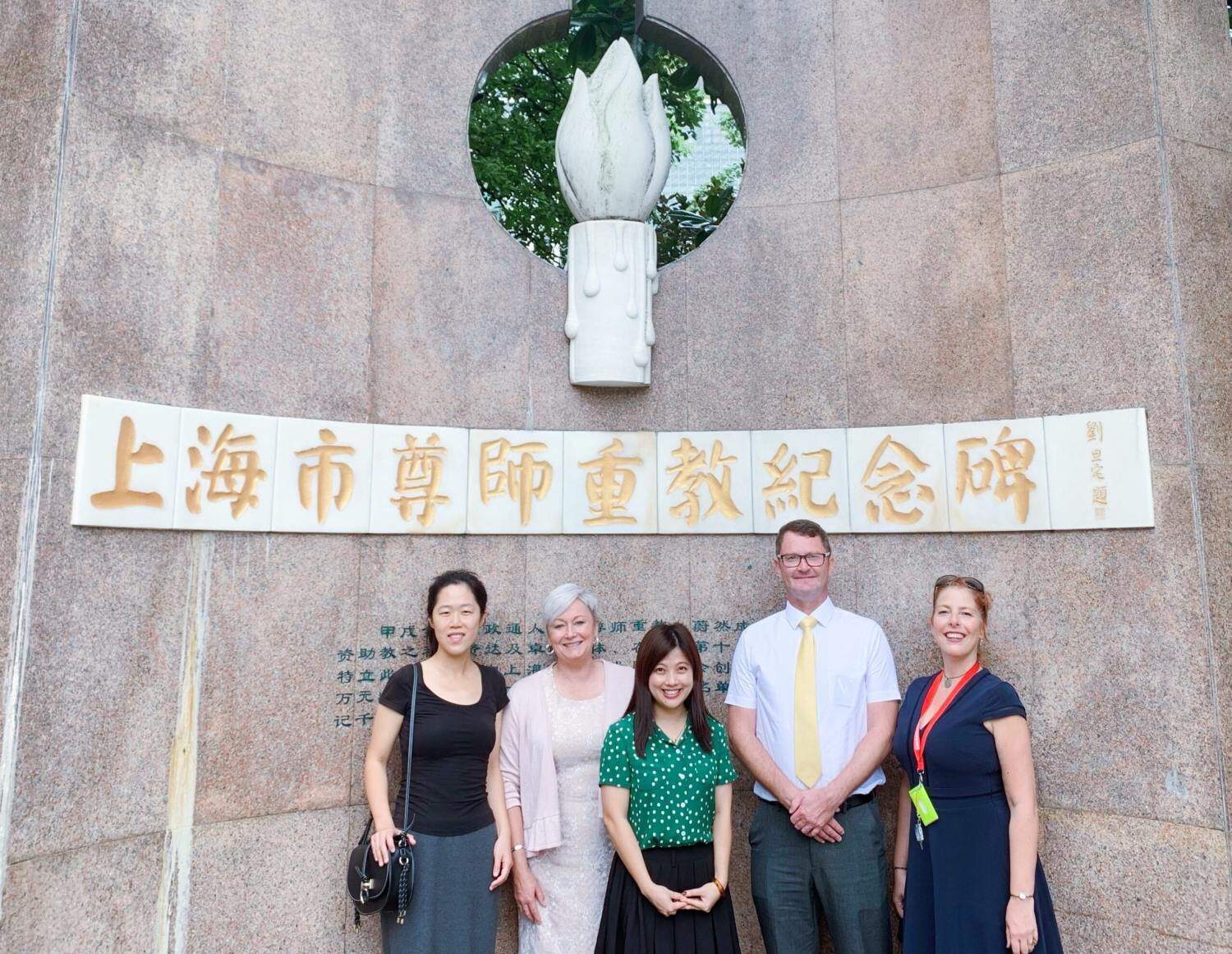
It is always encouraging when your audience takes the time to send an email of appreciation as well as photographs to show how they apply the theory in their learning environments. Those occasions make me proud and make the job worthwhile, but even more so when it is clear that the children benefit most from the experiences.
What challenges do you see in creating a harmonious bilingual working environment in schools?
Most parents want their children to engage in learning a new language. The challenge can be finding the balance between the use of the native language and the new language. The learner’s mother tongue and local culture have to be valued.
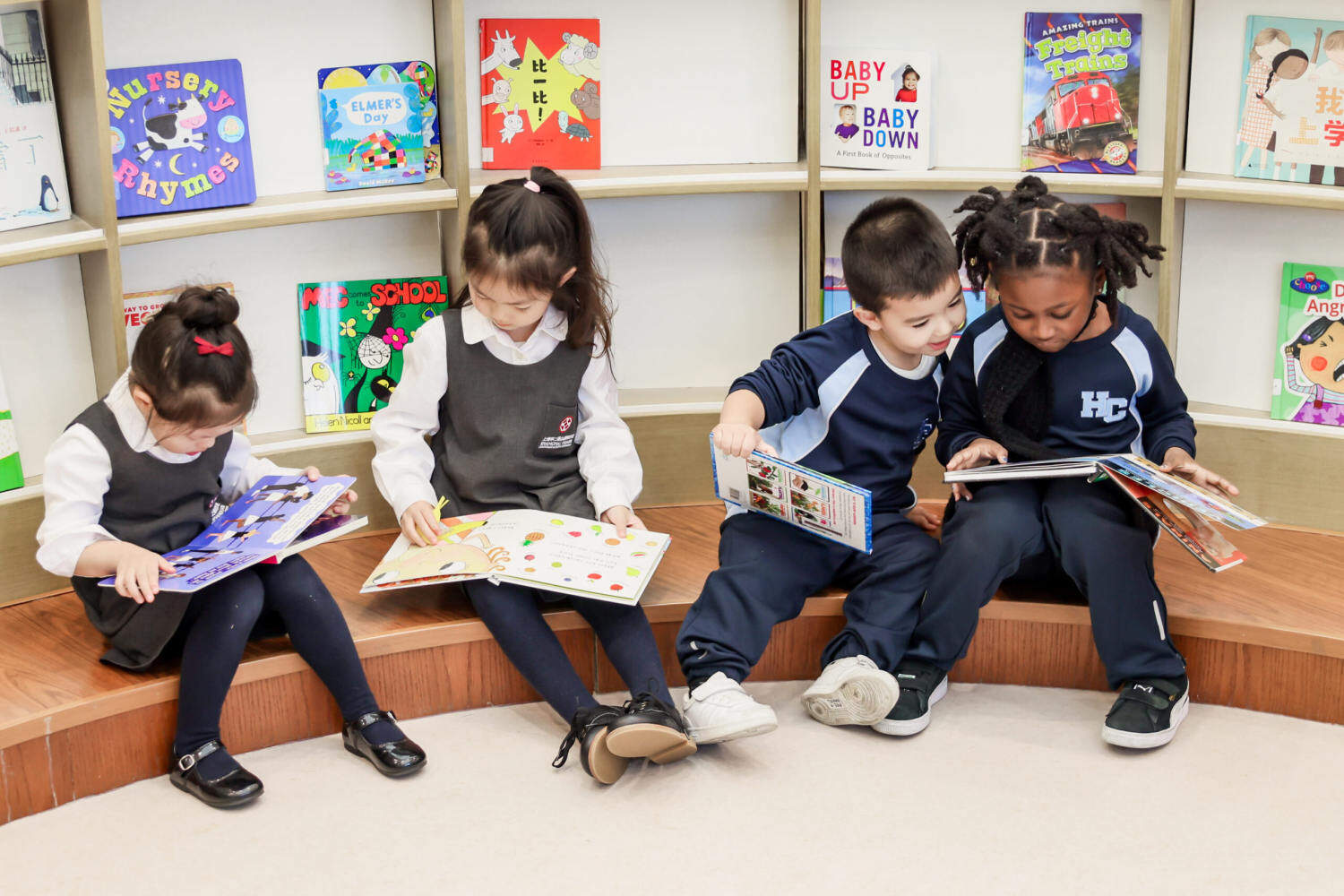
Language and communication are strongly linked with identity and emotional development. For this to happen, there must be mutual respect between all parties. Supporting the native language through communication and literacy development is essential for academic achievement. Sharing thoughts and school policy on the bilingual approach can help diminish challenges as they arise.
How has Dipont changed over the last five years?
There is more of an understanding and recognition of the importance of developing 21st Century skills such as collaboration, cooperation, creativity, questioning, use of technology, active and project-based learning.
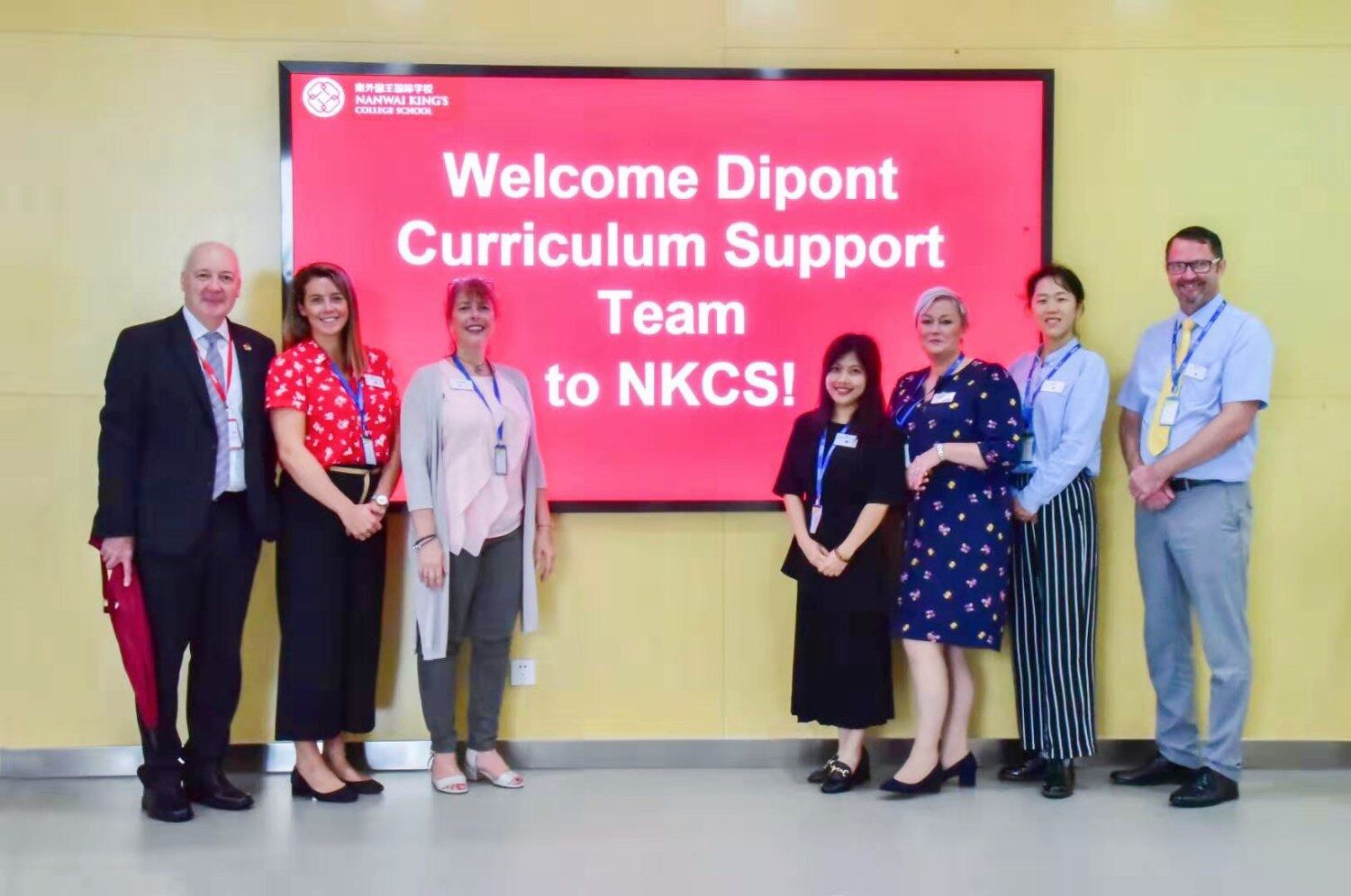
I’ve always felt that Dipont is a pioneer in the field of education in China, introducing these skills through its teacher training, support in schools and provision of high-quality professional development. We are now reaping the benefits if the training we started five years ago. That has been very satisfying.
What progress have you made regarding student well-being and pastoral care in the past five years?
Firstly, I believe that kindness, understanding and passion for your learners are essential. When working with people of all ages, we do not know what emotions, troubles, and burdens they bring to school daily. Therefore, I believe that PSHE (Personal Social Health Economics) education should weave into every aspect of our daily teaching.
We need to allow learners opportunities to share, discuss, collaborate and cooperate, but we also need to develop their sense of empathy and teach both teacher and learner to empathise. Teaching is no longer about purely academic achievement. It is about viewing all aspects of learning holistically. This approach helps children to experience joy in learning.
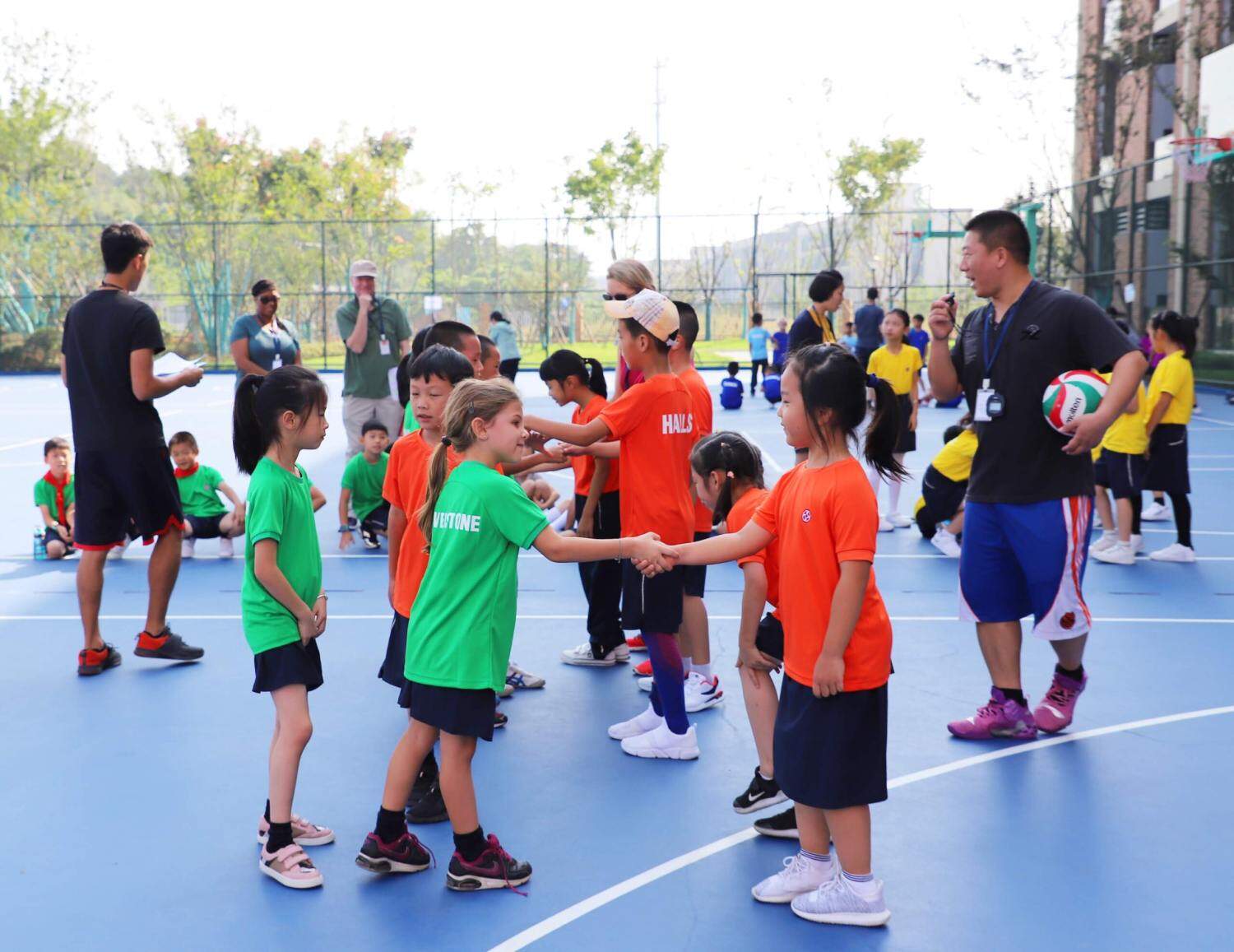
All our teachers are required to undertake safeguarding training. Our teachers are fantastic at coming up with innovative and caring ways to care for our learners’ wellbeing in safe, warm, caring, and holistic environments, both indoors and outdoors. Some examples include
- Development of sensory gardens
- Friend spot in the playground- a child, can go here if looking for a friend with whom to play.
- A reflection area- a quiet space to calm down, be quiet, be reflective.
- A safe environment for letting off steam
I know we’ve made a difference when I see a four-year-old child approaching another child and wiping away their tears.
What would you say to encourage a professional educator like yourself to leave their home country, journey to China, and work for Dipont?
You are better equipped to educate learners about various cultures when you have truly experienced a culture by living within it. By sharing cultural experiences, children learn about diversity and become culturally aware, have better social skills, increase confidence and are often more accepting of people who are different from themselves.

China is a beautiful place in which to work. Dipont offers various opportunities for those willing to embrace all that China and its learners have to offer. Come with an open mind and a willingness to make a difference, and you will be enriched by the experience.

